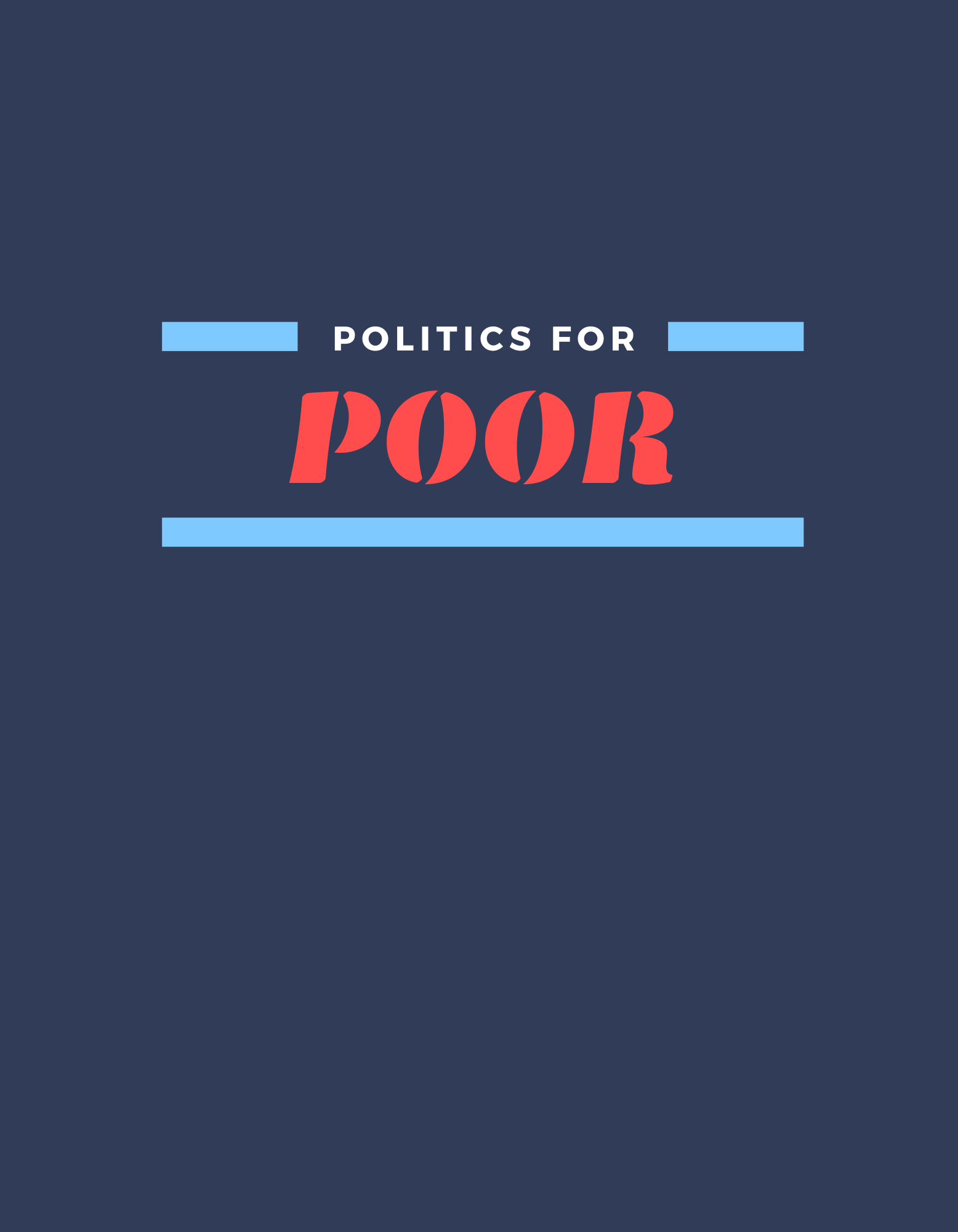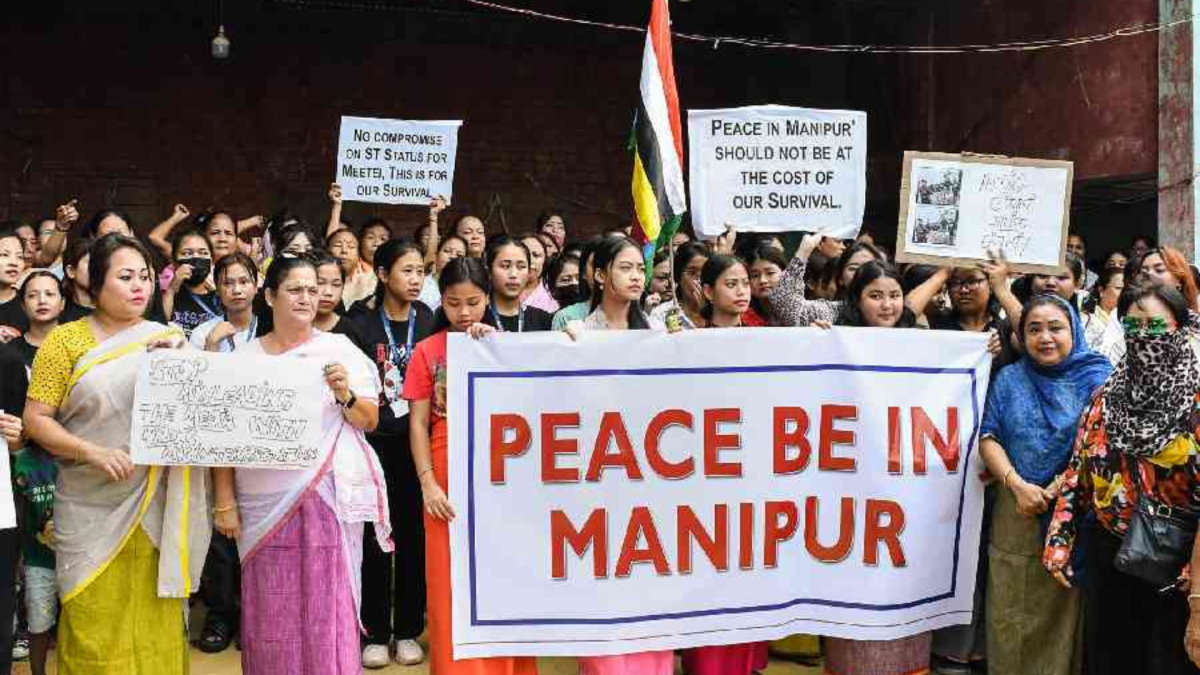Politics has existed in human society for centuries now, and it will continue to exist till the human race perishes. It has now become an integral part of human society – without the touch of politics, society cannot function efficiently. The word ‘politics’ carries with itself both negative and positive connotations. It holds different meanings for different people. Aristotle, a Greek philosopher, argued that humans are ‘political animals’ and that humans can reach their highest potential only by indulging in politics. When we say something is “political” or “all about politics,” we usually mean that it comes down to a fight for dominance between various individuals or groups. Politics is viewed as a process of maneuvering to assert competing interests.
When we talk about the relationship between the underprivileged sections of society and politics, there is an entire history since Independence waiting to be explored. In India, the marginalized sections of the society caste vote proportionally more than the rich and the privileged sections of the society. As a result of this, voter turnout is quite high in rural areas. The political leaders in various districts of India are very well aware of this ratio and therefore in their election rallies and memorandums they tend to focus more on the development of the underprivileged sections in order to divert their votes towards them. This in turn benefits the underprivileged sections as the leaders do all sorts of things to impress them and this helps in their upliftment. The faith that these underprivileged sections of the society have in the political leader stems from the fact that by law the political representatives are supposed to provide everyone with equal opportunities irrespective of their caste, creed, and socio-economic backgrounds. However, given the nature of Indian politics, catering to the needs of the underprivileged sections of society is not just a political need – it is an economic need as well. The state has to ensure the implementation of tax policies and pro-poor policies in order to help the underprivileged sections of society rise to a decent level and to eradicate the bridge between rich and poor.
The economic reforms of 1991 gave the state the central power and role to allocate and redistribute resources accordingly, but the state after some time restrained itself to a more political rather than an economical instrument. However, in the last few years, pro-poor democratic policies like National Food Security Act, Mahatma Gandhi National Rural Employment Guarantee Act, the Right to Fair Compensation and Transparency in Land Acquisition Act, and others can be seen as the visible steps of the government to eradicate the economic gap and be responsive to the needs of the poor. Governments that have adopted pro-poor policies are seen to be more successful in India in recent years and are termed as ‘Populists.’ These parties have provided poorer sections of society with the basic amenities, and have helped them shift to the economic mainstream. However, such redistributive policies are not enough for their upliftment. The government has to work equally in all sectors in order to truly help them move up the ladder. As long as the parties receive the highest amount of vote share, they are willing to work for the poor. The moment the trend changes the results will be different because as we all know – all is fair in politics!







